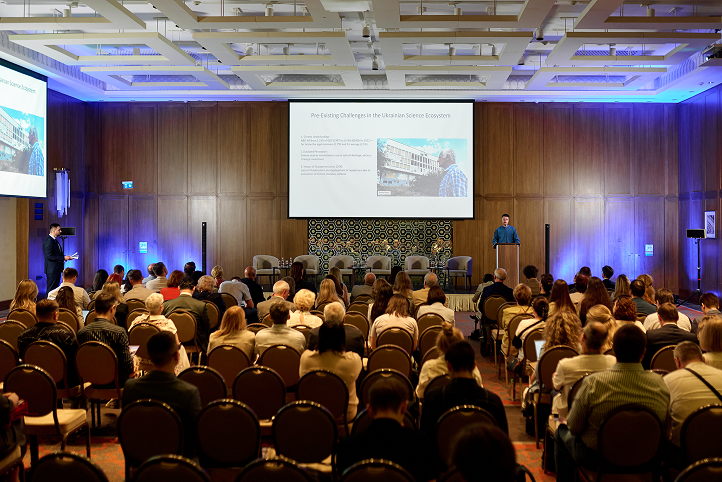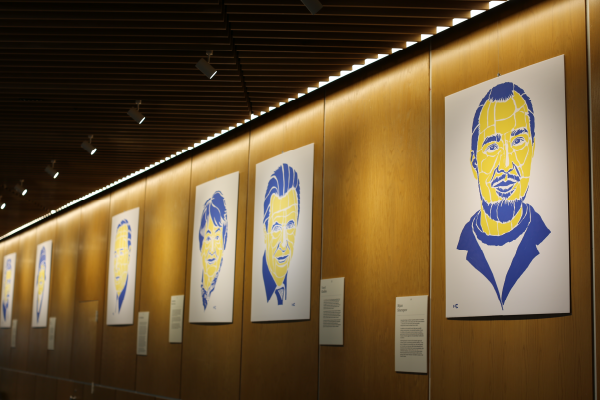

Accustomed to Risks
02.05.24
Sumy was taken on the first day of the full-scale invasion. Russian forces passed through the city, but could not return as the territorial defense forces blocked them from the inside. Entry and exit points were closed, including for those who supplied food and other essentials to the city. Thus, the problem of shortages in stores arose immediately.
Residents of nearby neighborhoods could eat for free at the campus of the Sumy National Agrarian University—one of the youngest agrarian universities in Ukraine. Teachers, students, and graduate students baked bread, processed chickens, and prepared stews (including for the military).
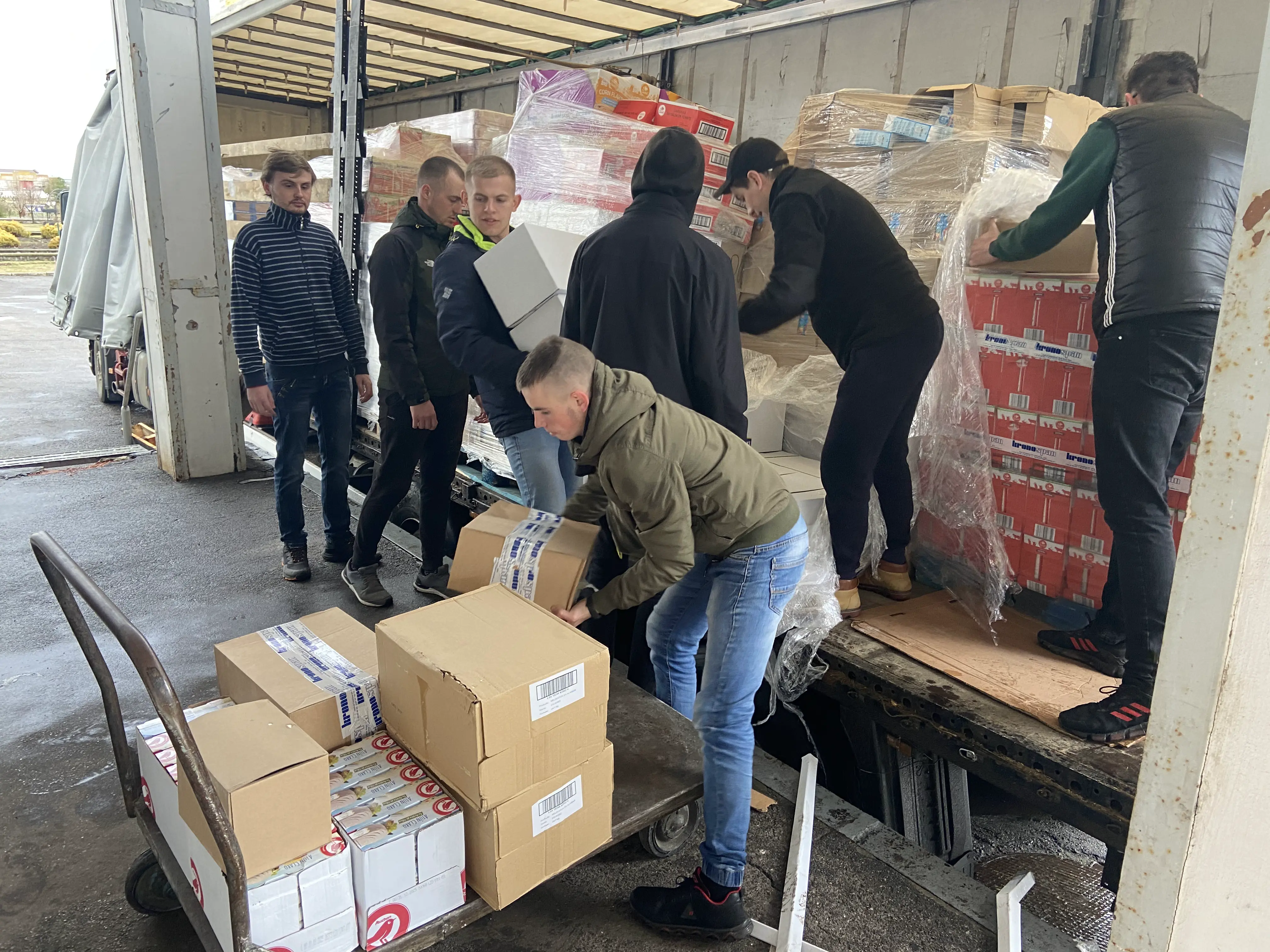
There were instances where pigs were transported across fields past enemy checkpoints to have supplies to cook with. Eggs, meat, bread, flour, and pasta were provided by partner farmers, of which the University had many due to years of systematic work. In its 42 years, the University transitioned from being a branch of the Kharkiv Agricultural Institute named after Dokuchaev to a national university.
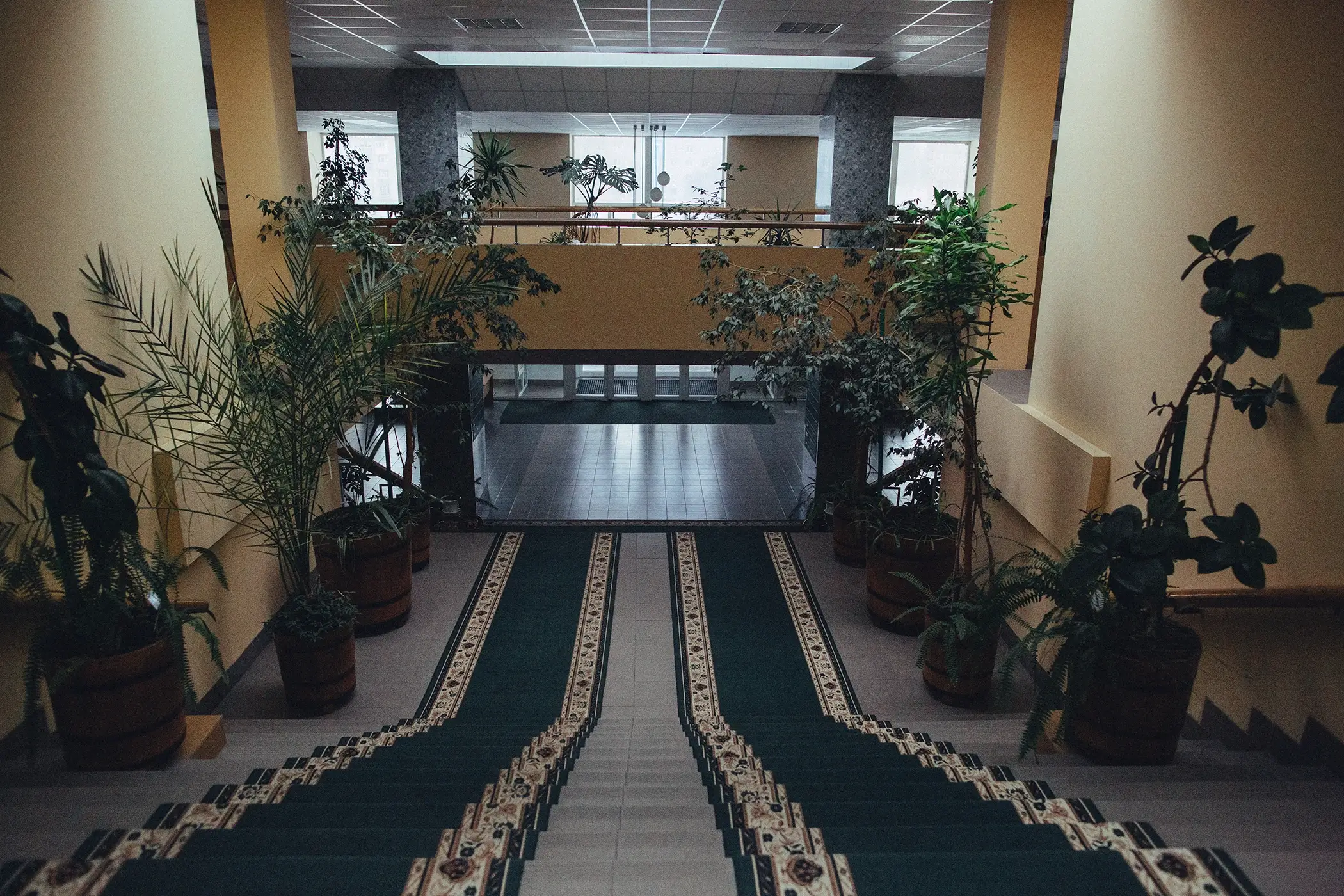
Most students who tried to leave the city could not and returned. Foreign students did not understand what was happening. At that time, 72 students and graduate students from China were staying in the dormitories of the Sumy National Agrarian University, with several hundred students from other countries remaining in the city. Therefore, university staff took on the task of evacuating them with the help of local authorities and embassies.
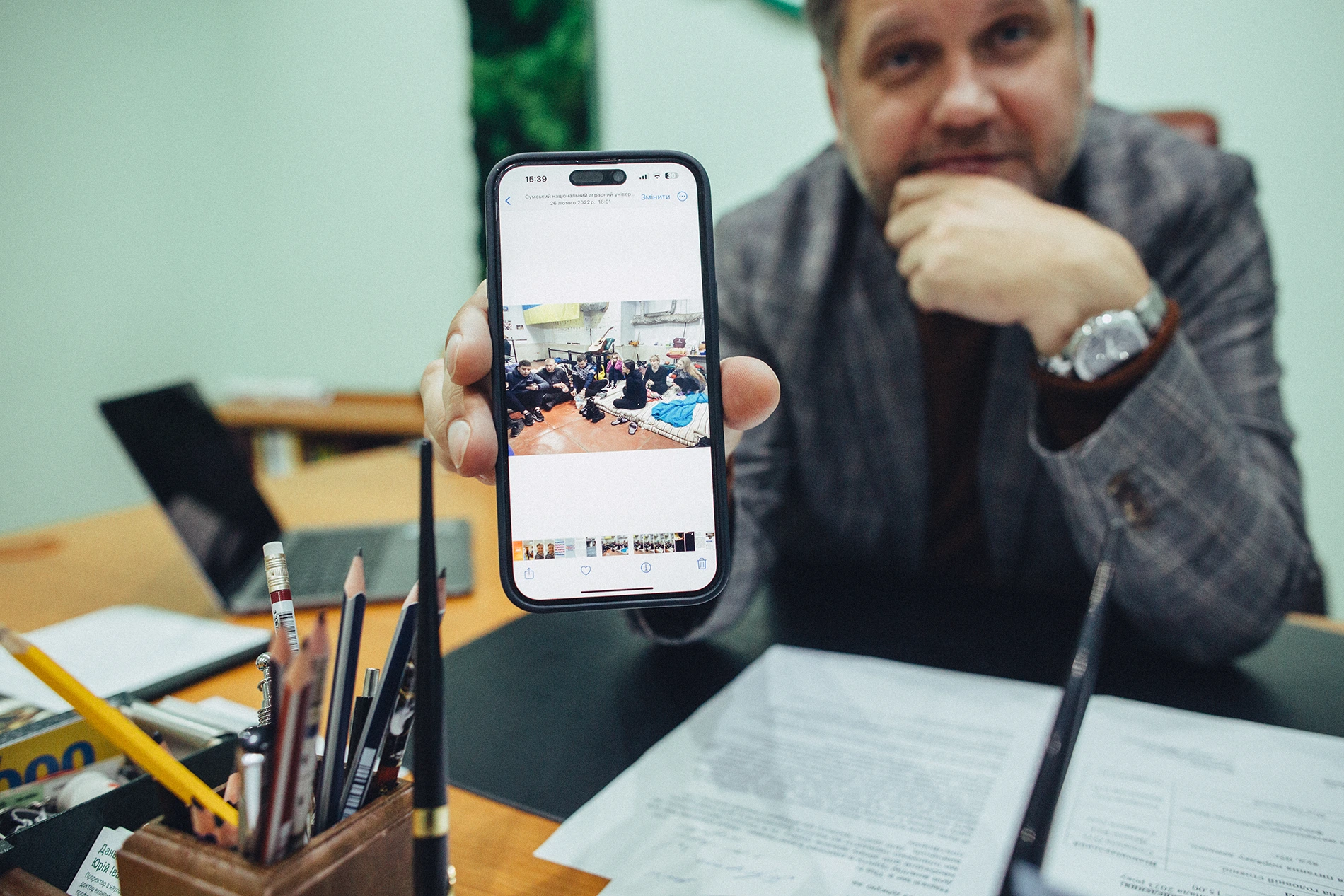
Some teachers also left the city immediately. Since the university is large and needed to be protected, employees took shifts and slept in the buildings. When we asked Yuriy Danko, Vice-Rector for Scientific and International Affairs, to recall the words the Rector used when addressing staff and students about the start of the war on February 25, Mr. Yuriy replied that he did not want to return to that period. "On February 24, I was planning to travel to Kyiv. I did not believe that the war would begin, and many others didn't either. Friends from Ternopil called us to come to them, but we said: 'Don't make things up, nothing like that will happen.' So the war was a shock to us."
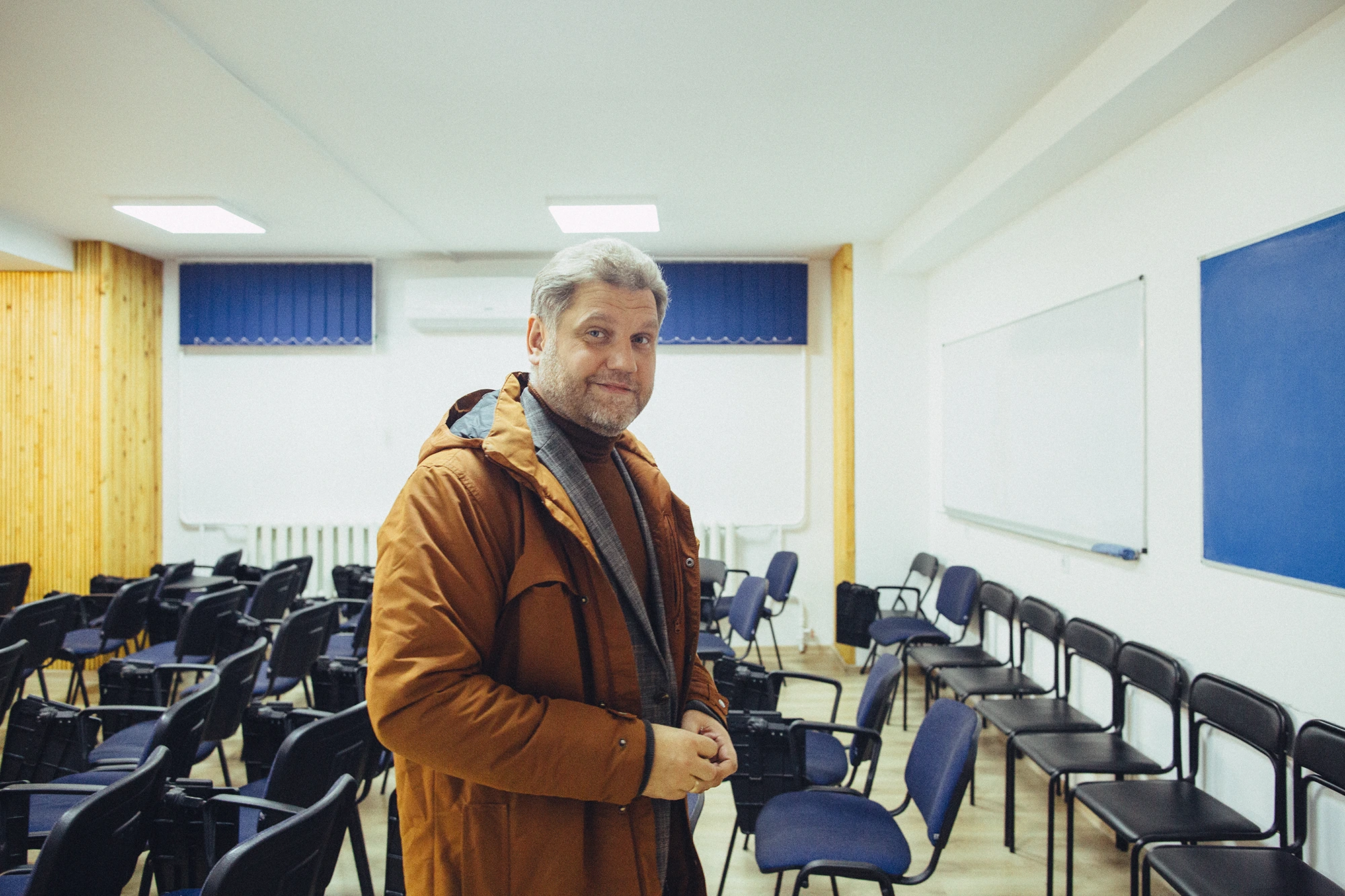
"But we work on, we won't disappear. We are agrarians, we are used to it. We constantly work in a state of some shock—either it's hot or there’s insufficient rainfall. In other words, we are used to risks."
Sumy National Agrarian University ranks at the top among agricultural universities, despite being located in one of the northernmost regions of Ukraine, just 30 kilometers from the Russian border. Yuriy Danko explained that during the war, they managed to increase the number of students and launch two new dual degree programs with foreign partners thanks to systematic work and strategic planning: "We have a university development strategy. This strategy is not just a piece of paper. It's an action plan with clearly defined indicators. Thanks to adopting this strategy and our systematic work, we were able to withstand this blow."
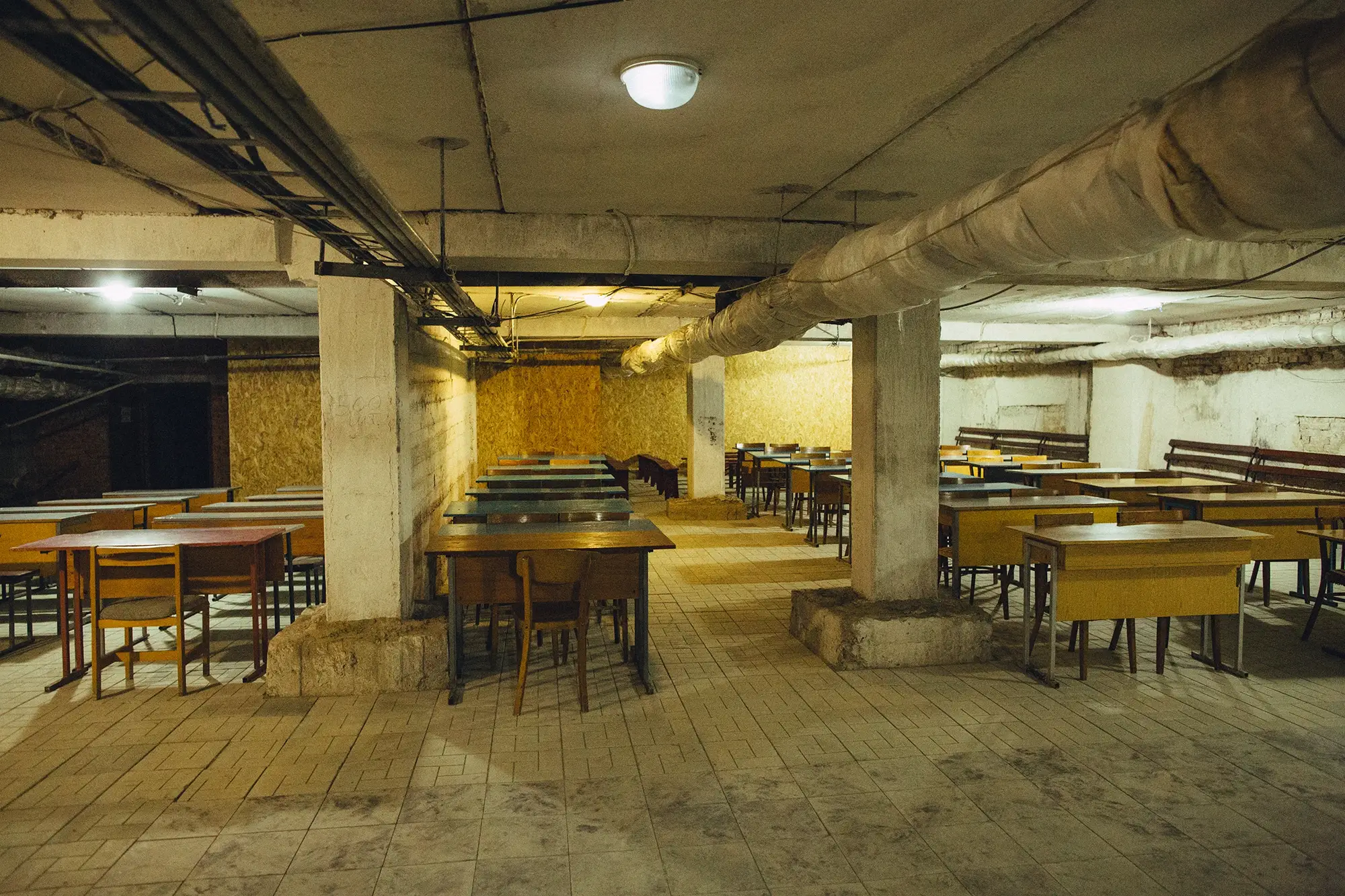
Work has indeed been conducted for a long time. University staff were the first in Ukraine to launch industrial production of "A2 milk" at the Ichnia milk powder and butter factory. What does this mean? Initially, cows all had the A2A2 genotype, but through evolution, the genotype of cows changed. People who are sensitive to the milk protein casein digest milk from this genotype better. So, the University team selected cows with the A2A2 genotype and formed unique herds to produce milk.
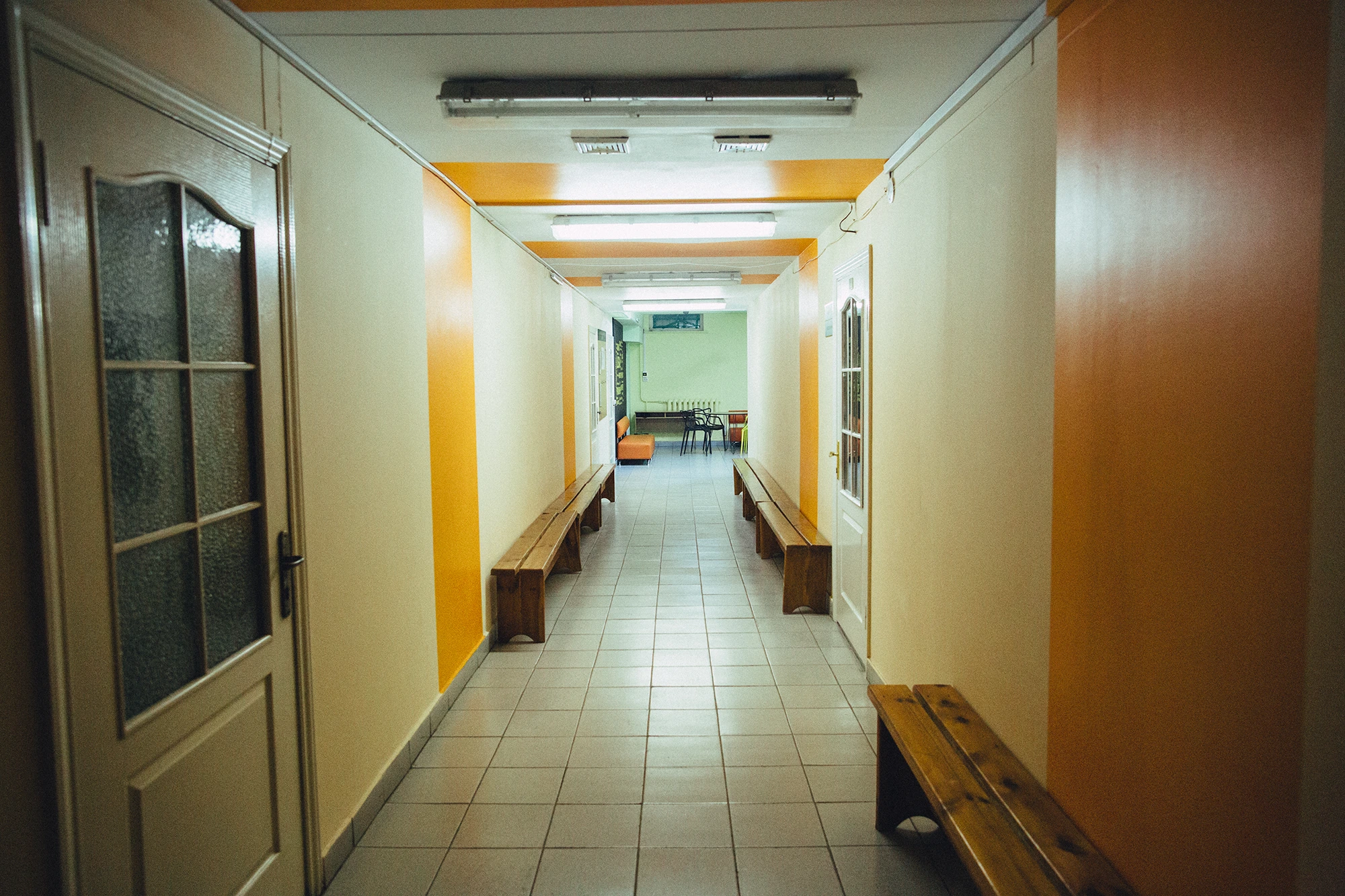
In addition, the university has developed over 30 unique potato varieties. Sumy National Agrarian University is the only Ukrainian institution involved in potato breeding. It was also the first to cultivate the South American crop quinoa. Last year, university scientists developed and registered their own variety, with another variety currently undergoing testing. Moreover, the university team learned to propagate the relic plant Ginkgo biloba, which is nearly impossible to grow in our climate.
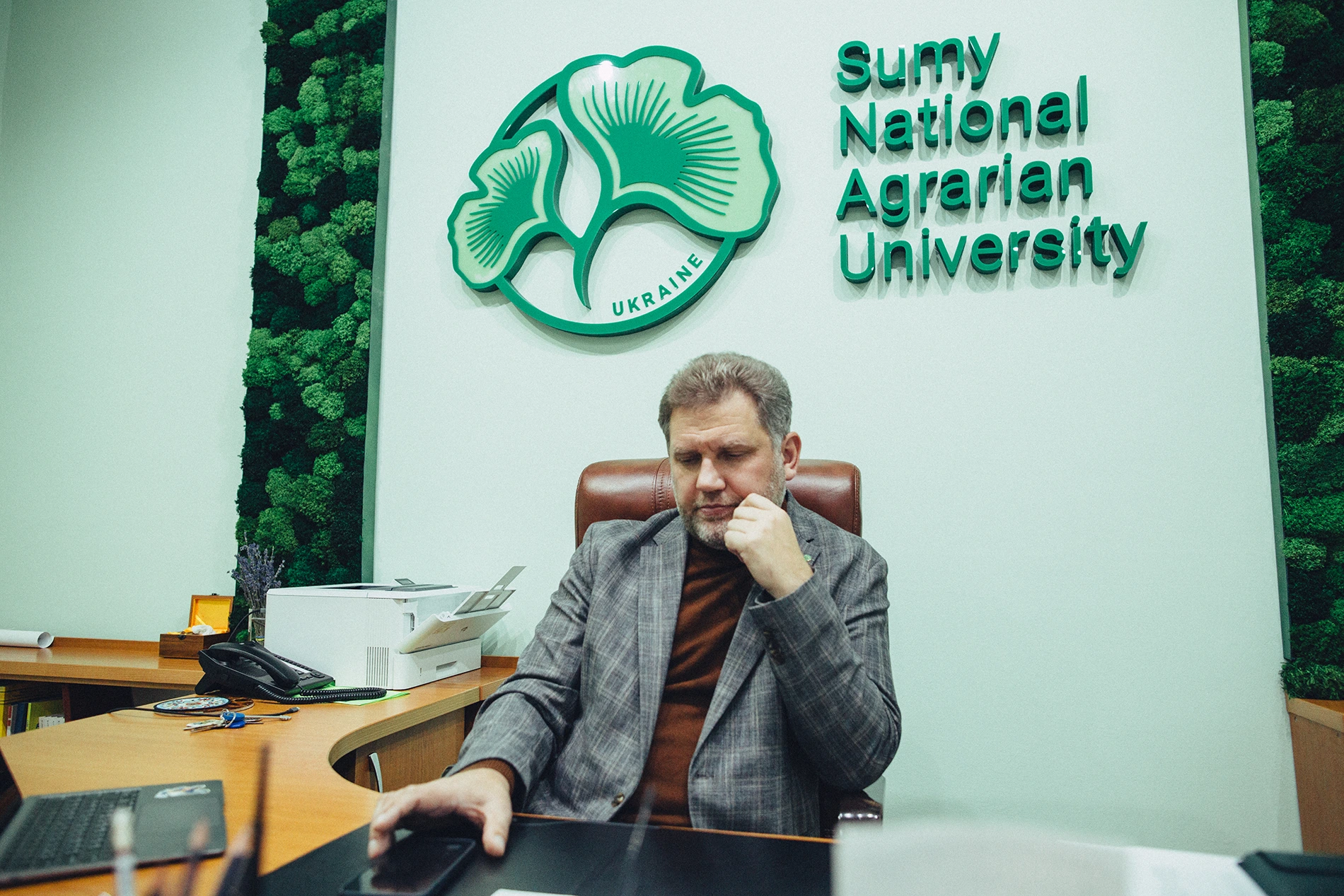
About ten years ago, the image of a Ginkgo biloba leaf became the university's logo. There are several reasons for this. Firstly, the university oversees a park in the village of Kiyanitsa, a national historical monument. An old Ginkgo biloba tree grows in this park, which was planted 125 years ago. Secondly, this plant was the first to regenerate after the bombing of Hiroshima and Nagasaki.
The university itself is quite large: besides the main campus, there are six affiliated colleges. In the early days of the war, a missile hit a house near one of the university's college buildings and dormitories, about 10–20 meters away. Consequently, all the windows and doors were destroyed. The second university college is located in the village of Maly Vystorop. After the occupation of the village, the Russians set up a headquarters in the college and destroyed it as they retreated.
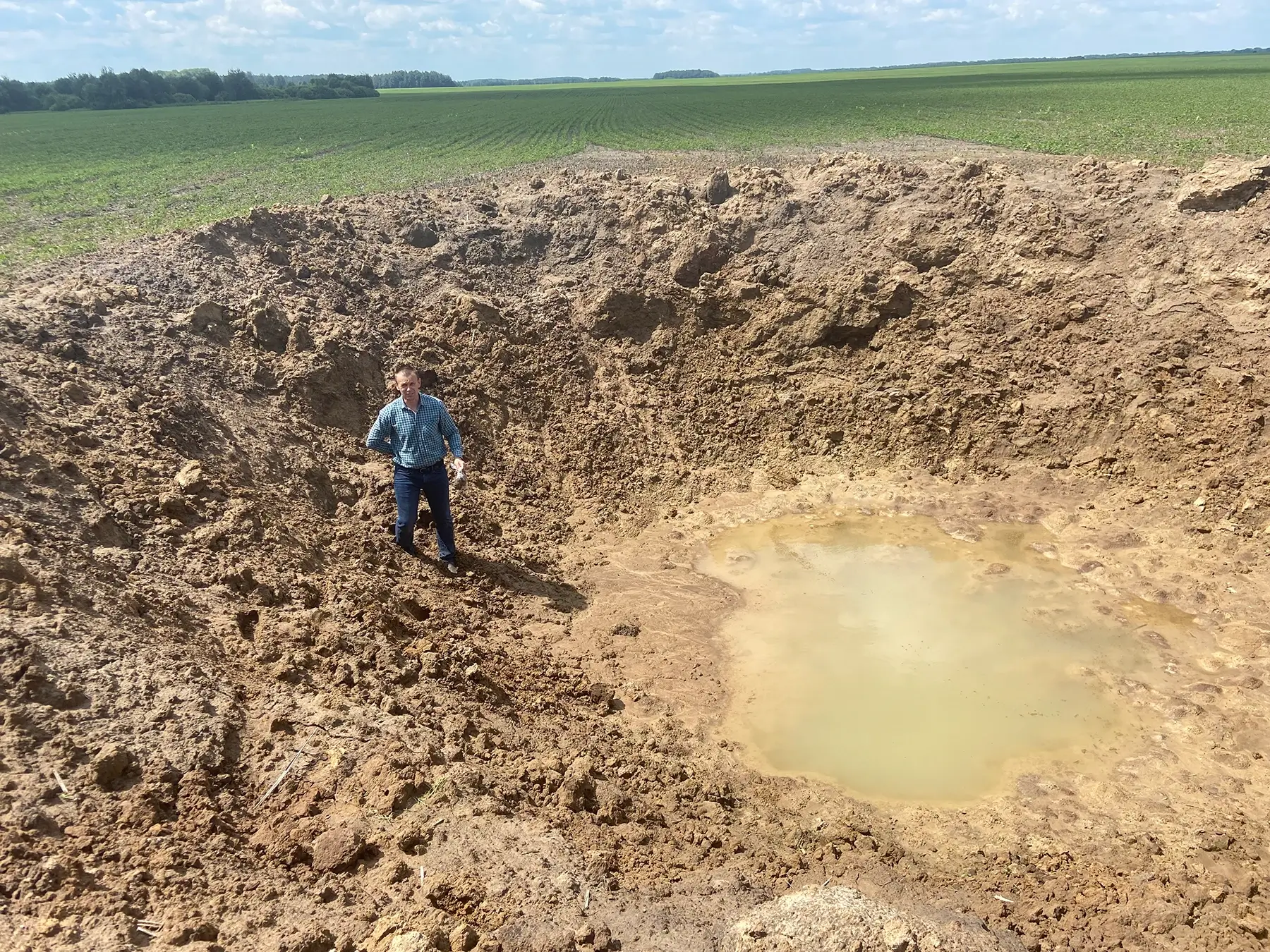
"Strikes" also affected the research fields and greenhouses. Some restoration was possible, but after a recent strike near the greenhouse, the blast wave damaged it again. Additionally, the blast wave blew out windows on the first floor: the Center for International Student Affairs is located there, and when the staff came to work, they found windows lying on their desks.
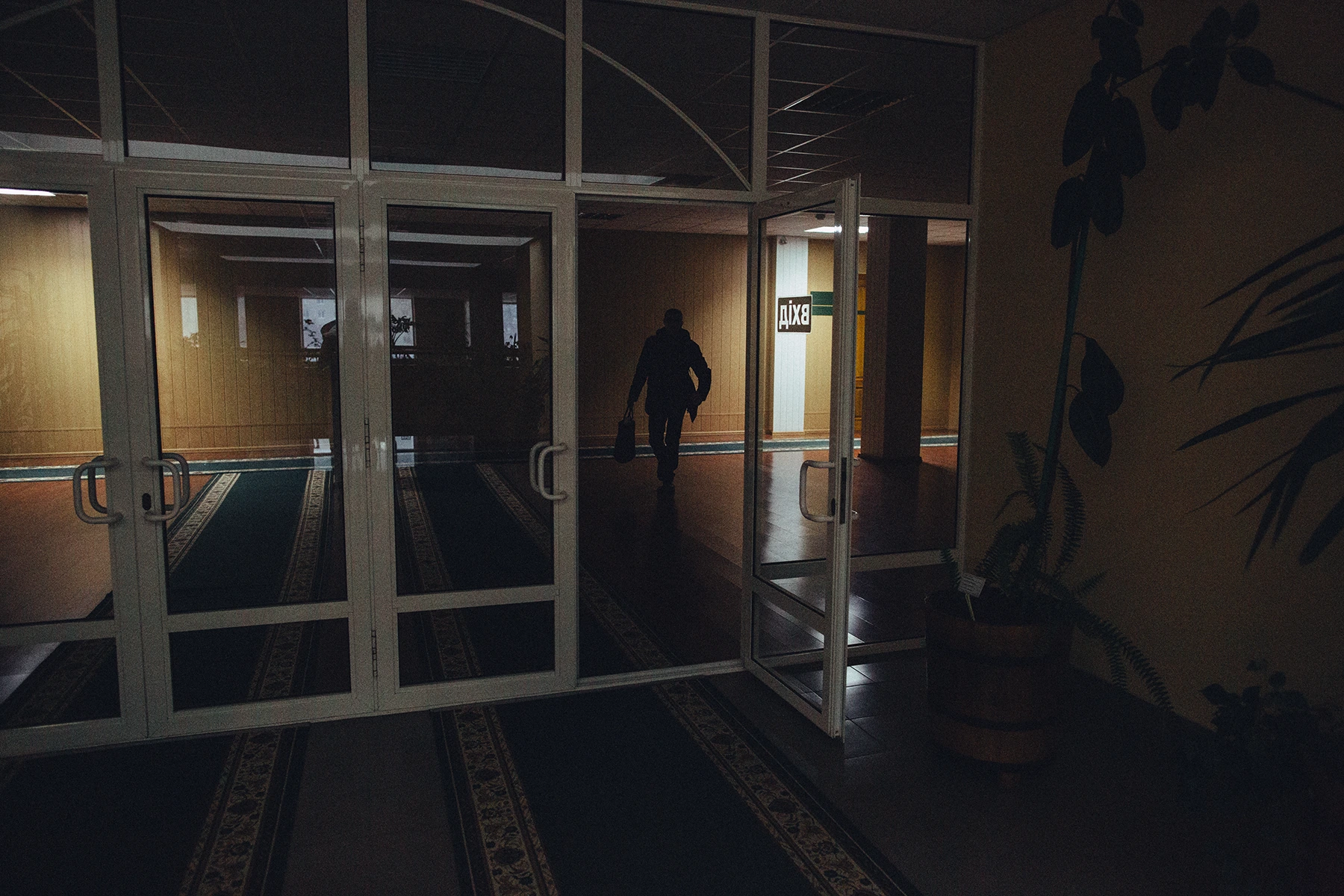
Partners assist the university with restoring facilities, equipment, and materials. For example, the occupation coincided with planting season, and it was impossible to buy seeds due to the war and closed entry and exit points. However, thanks to an entrepreneur from Kremenchuk who delivered seeds through secret routes, they were planting corn within a few days. The university also has a charity fund to which funds can be donated for university needs. "We collect funds by any means possible, understanding that the state's capabilities are limited today, so we do everything we can on our own," added Yuriy Danko.
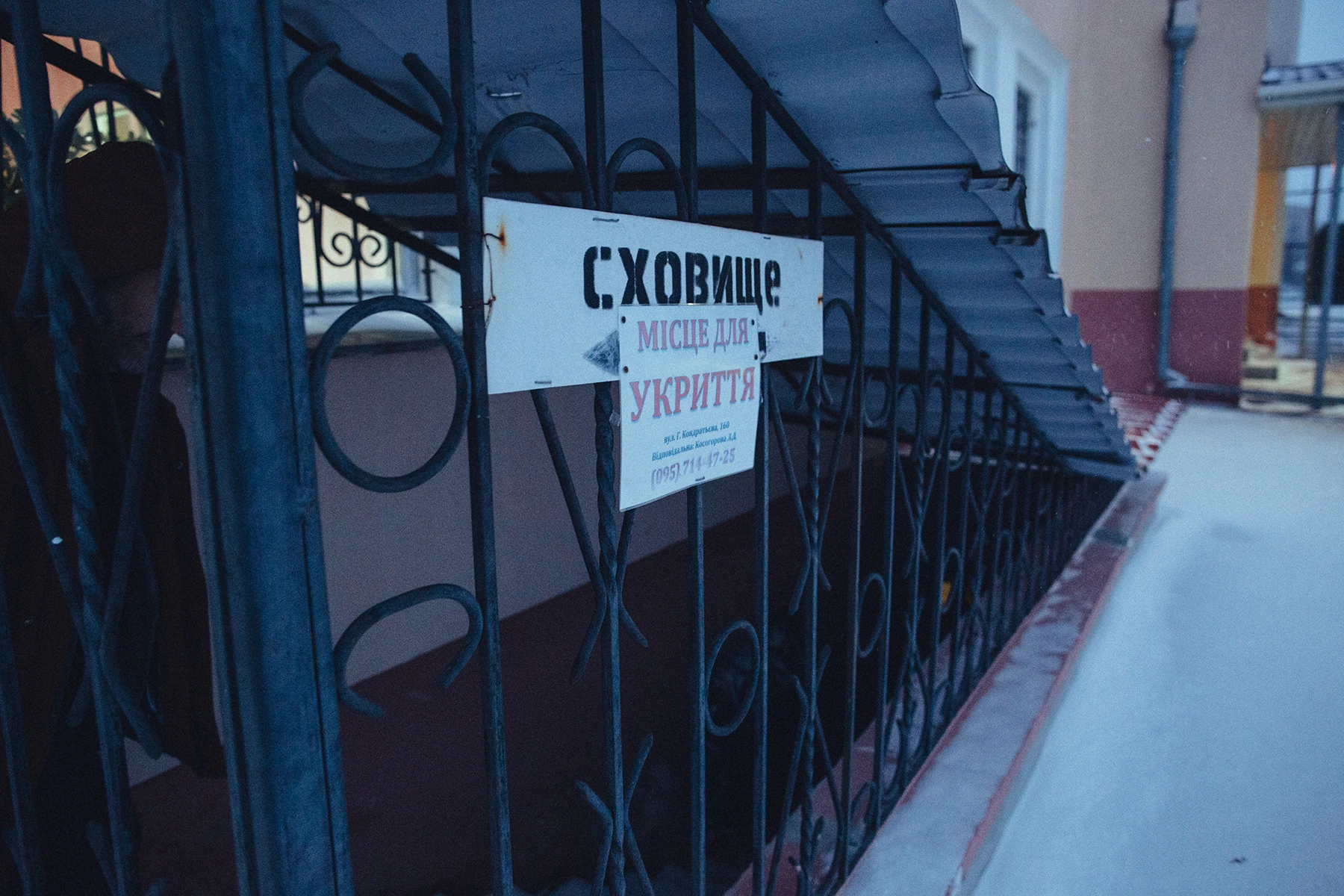
The university managed to utilize the potential of teachers who left for abroad. They received grants and scholarships from leading universities around the world and are now showcasing our level of science and helping with securing funds and resources. For instance, they are assisting in implementing projects on studying the impact of military actions on the soils of Kharkiv, Chernihiv, and Sumy regions.
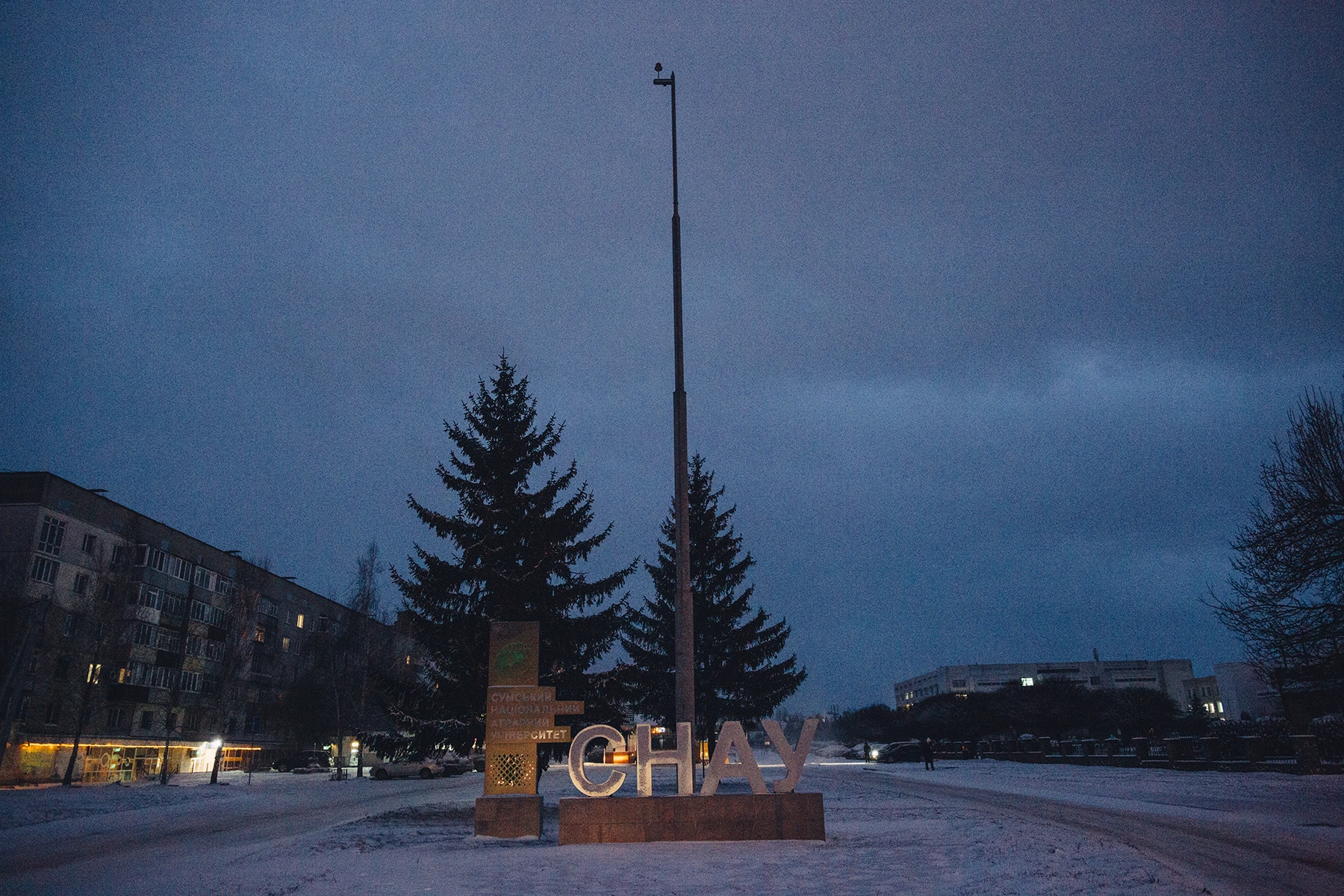
Currently, as part of one project, experts are being trained to analyze these soils, studying under specialists from the Bern University of Applied Sciences in Switzerland, the Royal Agricultural University in the United Kingdom, and Cambridge. "Ukraine today has the most extensive area of mined and damaged agricultural land in the world. It's no secret, again, that restoring these soils will take a very long time, so we are doing everything we can to help," explained Yuriy Danko.
And although the war continues, the help of others and systematic work can make remarkable things possible, as demonstrated by a small agrarian university in northeastern Ukraine.
